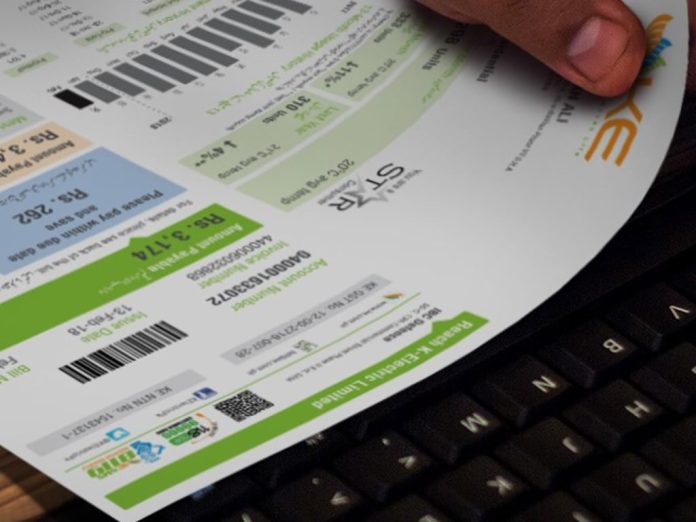ISLAMABAD, AUG 01 (DNA) — The recent audit report of the financial year 2022-23 has revealed several factors that have contributed to a surge in electricity bills and basic tariffs – attributing ‘non-standard plants, permanent defaulters, capitation payment, and electricity theft’.
According to the report, distribution companies sent out bills totaling a staggering Rs2,302 billion to consumers during the financial year. However, the amount recovered was significantly lower, amounting to only 1,849 billion rupees, resulting in a substantial shortfall for the distribution companies.
One of the major issues identified in the audit report was the rampant electricity theft and non-recovery rate among distribution companies, which stood at a staggering 60%. This rampant theft and non-payment severely impacted the financial health of these companies, leading to losses amounting to 136 billion rupees.
The losses witnessed a substantial increase compared to the previous financial year, where the losses were recorded at Rs91 billion. The report also pointed out the non-standard power plants, which contributed to the financial burden faced by consumers.
The operation of such substandard plants resulted in additional costs of 41 billion rupees for consumers, further adding to their woes. Moreover, the reliance on expensive imported fuel put a significant burden on the exchequer, as the audit report revealed a hefty burden of 126 billion rupees due to the rising costs of imported fuel.
Permanent defaulters were also identified as a significant contributor to the increase in electricity bills. Furthermore, the audit report disclosed deed defaulters worth 1,000 billion rupees in the power sector.
Another area of concern highlighted in the audit report was the ‘capitation payment’, which led to financial instability in the power sector. This payment system created inefficiencies and added to the overall financial strain on distribution companies.
In addition to the issues faced by distribution companies, the report raised questions about the efficacy of the National Electric Power Regulatory Authority (NEPRA) controls. As a result of these cumulative challenges, electricity consumers had to bear the brunt of increased bills, while the basic tariff also witnessed a surge. — DNA












